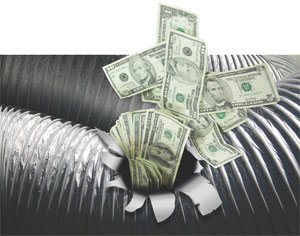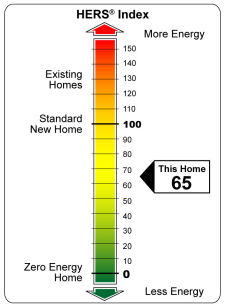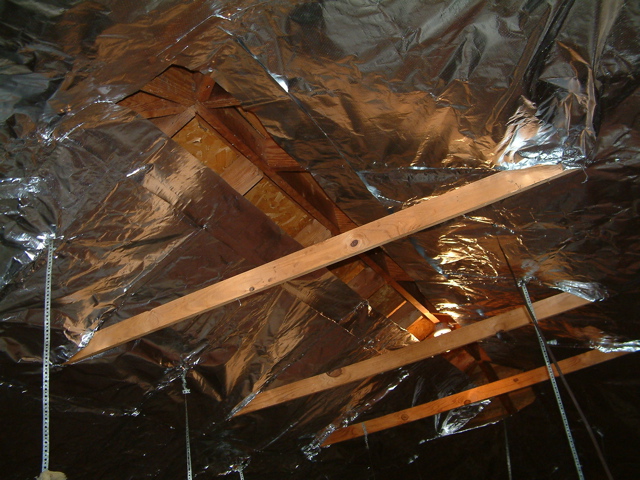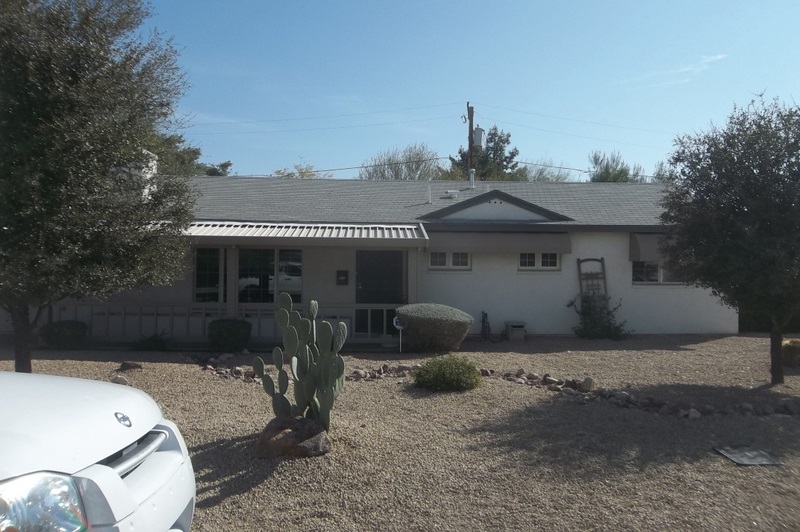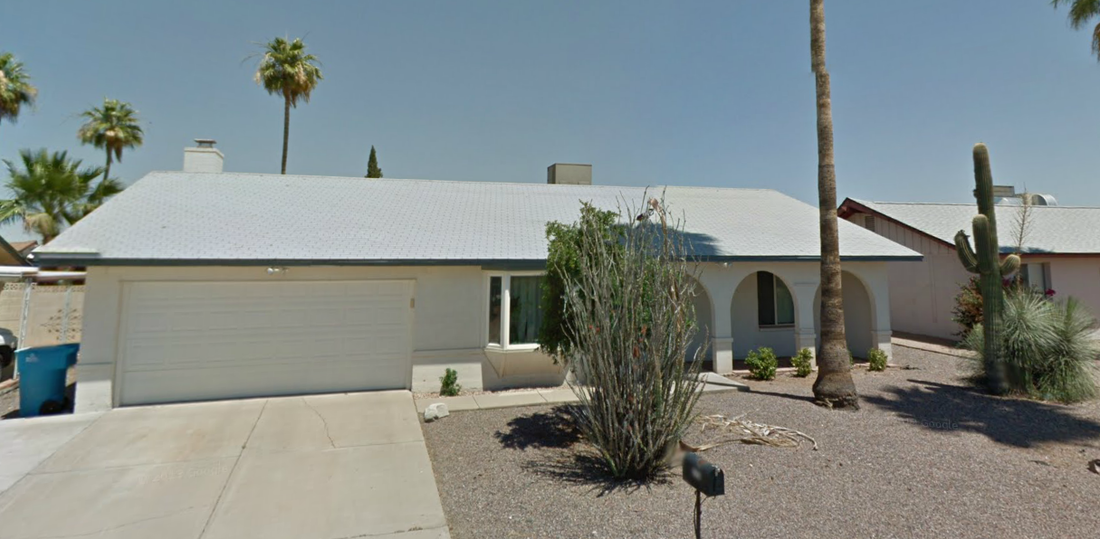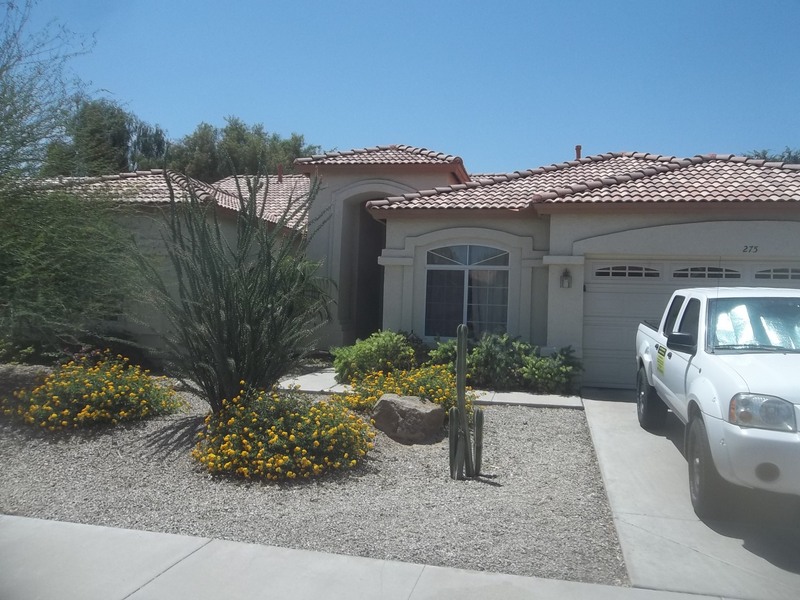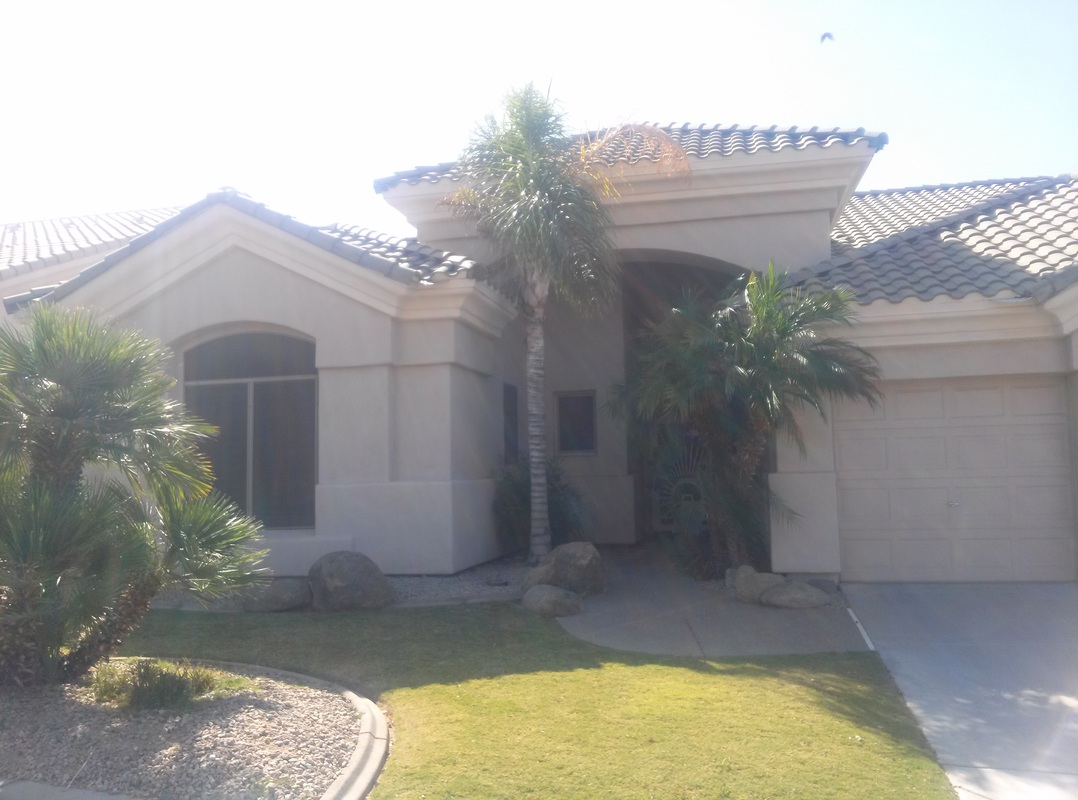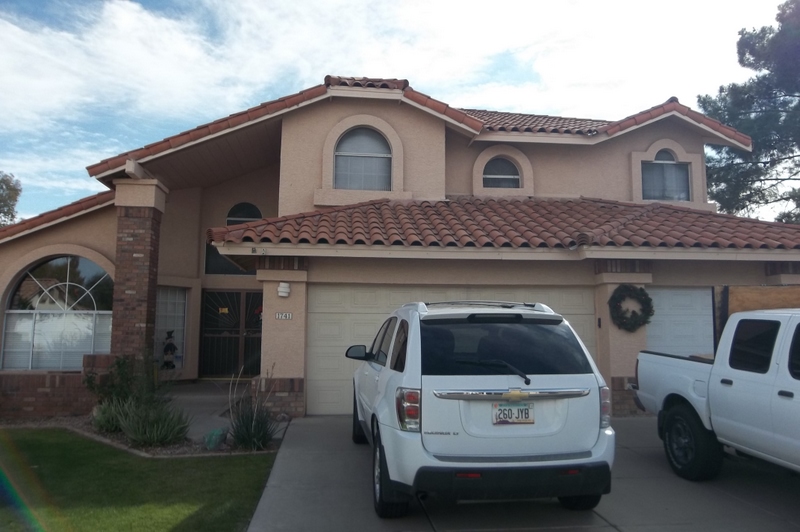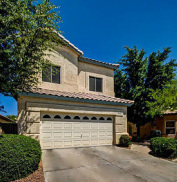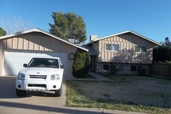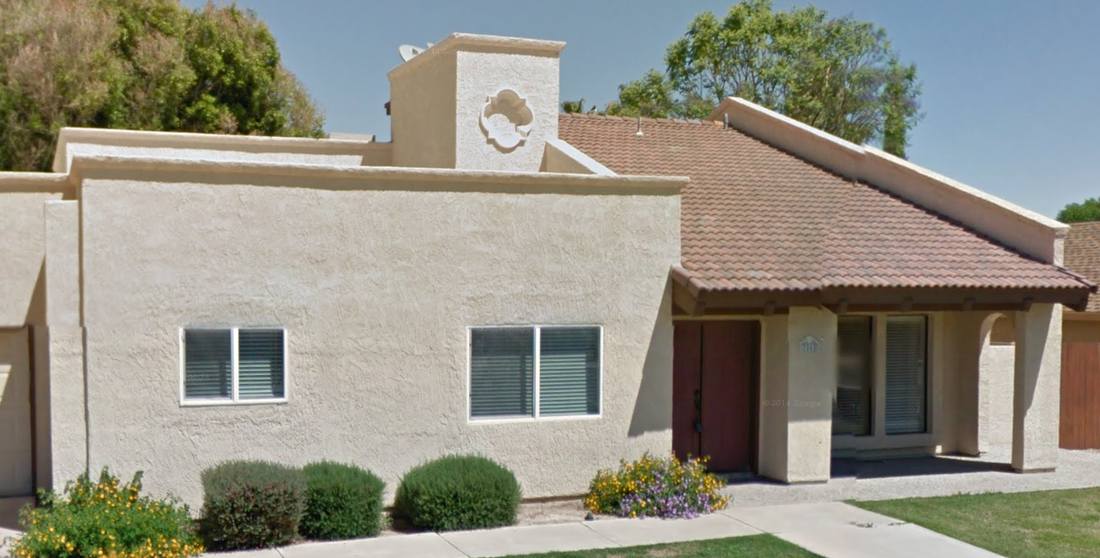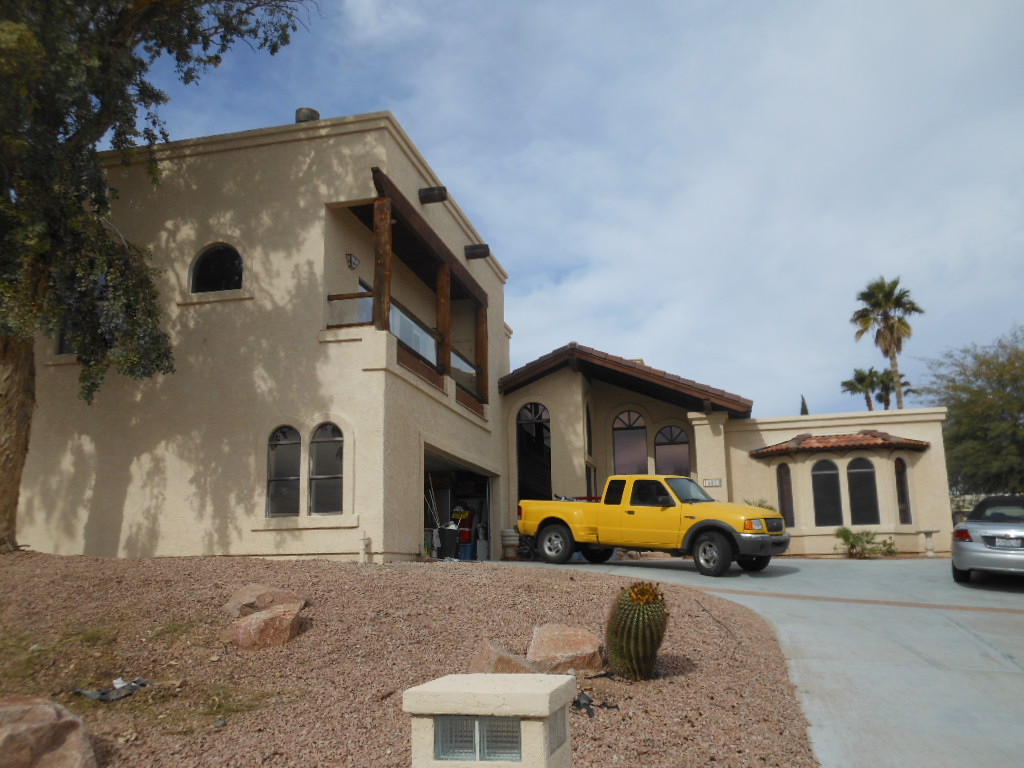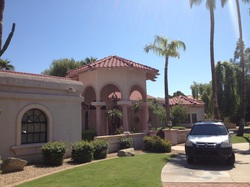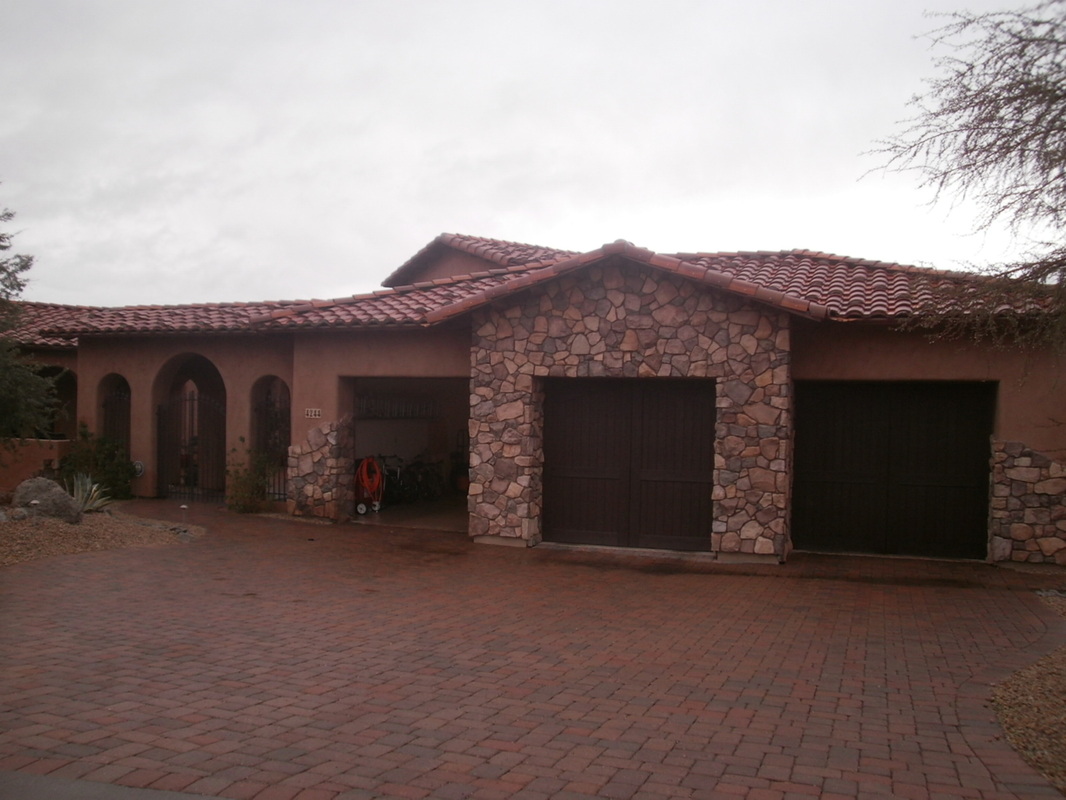|
A high efficiency heating and cooling system does not end with the unit itself. This is especially true in Phoenix, where most of the ductwork is located in attic space where temperatures can reach 140+ in the summer. A high SEER AC unit is definitely an improvement when replacing older units, but that air needs to be carried through the ductwork distribution system to keep you comfortable in the winter and summer. If the air conditioning contractors cut corners on the ductwork, then the entire efficiency of a new unit is greatly reduced. In Phoenix, homes built after 1980 used flex ductwork as the preferred means of air distribution. Flex ductwork is good because it is easy to install, required little preparation and can be done by less skilled workers. On the down side, unless an air conditioning contractor does a proper load and duct design calculation using Manual J and D, a number of problems can arise because of cutting corners. Problems such as poor airflow, high room pressures, excessive dust and conditioned and heated air being lost to the outside are all too common in existing homes. Many times if an air conditioning contractor has done work or replaced an AC unit in the past, they really will mess a system up. I think one of the reasons good home inspectors and energy auditors are so skeptical of HVAC contractors in Phoenix is because we see the outrageous work done and what it is costing the homeowner. Duct leakage can mean your heating and cooling system is sucking outside attic air into the unit and heating it in the winter or cooling it during the summer and blowing air into the attic on the supply side. Both are costly and will decrease the life of the unit. APS estimates that an average 15% of a home’s existing air is wasted to the outside. SRP shows similar statistics and both utility companies sponsor home energy audits to check for leakage and offer rebates for sealing the ductwork. For more information on duct leakage visit:
http://www.aps.com/_files/services/ResFAQ/ductleakage.pdf http://www.aps.com/main/green/choice/choice_75.html http://www.bestofbuildingscience.com/videos.html http://www.energystar.gov/index.cfm?c=home_improvement.hm_improvement_ducts http://www.greenintegrateddesign.com/air--duct-sealing.html
0 Comments
1. You won’t learn any new building science skills. HERS classes very quickly cover building science concepts and gloss over health and safety and house-as-a-system concepts. The companies that do HERS training aren’t aligned with the Building Performance Institute to get BPI Continuing Education Credits. The main purpose of a HERS course is to pass the HERS exam which is more about the SYSTEM in-place for data collection, REMRATE parameters and qualifying entries. There are questions on the exam regarding heat transfer and building science but a week long class is even more crammed than a BPI class since the instructor has all the building science topics to cover plus new material on HERS. 2. The costs of travel, lodging, courses, exams, probationary ratings and even finding your own test houses can add up quickly and are all separate costs! HERS Indexes require a duct blaster test be performed on the home, which is another piece of equipment which needs to be purchased. Some HERS training classes include 3 probationary ratings during the week long class, but most do not. There you also have a separate REMRATE software license fee plus the Affiliate fee for third party verification of your work for Energy Star. 3. The HERS Rating market is focused primarily on new construction, then in the mortgage industry. There is a great opportunity for energy efficient mortgages (EEMs) but the biggest hurdle is education of realtors and loan officers. Networking is a great way to meet those professionals but it takes time and persistence to crack that market. Homes being built to Energy Star standards do require a HERS Index be done but this is a totally different animal than performing energy audits and retrofits on existing homes. Usually it’s done business-to-business so you don’t have the homeowner aspect anymore which takes out the client interaction during the audit completely. Here are the reasons why you should become a HERS Rater. 1. Energy Efficiency Mortgages or EEMs is a relatively untapped market. 2. REMRATE and REMDESIGN are great software tools to know and deepen your understanding of cost effective upgrades. 3. Code requirements for homes are becoming stricter with minimal duct leakage and better ventilation standards. RESENET has well positioned itself in the new homes industry and IECC code is headed towards duct tests and/or HERS Indexes be performed on all new homes. I don’t think this will happen for another 10 – 15 years but by getting your HERS Certification you are ahead of the game. Just like anything if you are focused on making a successful career as a HERS Rater it takes energy, time and hard work but it can be done and the rewards are huge. We wish you luck in any endeavor you take and happy 2012! We have written several articles on what radiant barrier is, does radiant barrier work and why there are radiant barrier scams out there and in this article we will answer the question is there an alternative to radiant barrier?
The short answer is, YES! We first strongly suggest that you get an APS energy audit or SRP energy audit to identify and prioritize the best cost-saving upgrades for your home. The APS energy audit is great because energy auditors cannot make the same recommendations for each house (like a radiant barrier company does) and their recommendations are based on their findings of your home’s audit. Yes, Phoenix does get very hot in the summer, and yes, if you stand under a box with a 100 degree light shining down on your you are going to feel hotter without a radiant barrier than with one and those make for very convincing arguments for radiant barriers but on this occasion don’t let yourself rule out common sense and the FACTS about heat gain into your home. So what are the alternatives to radiant barrier? That all depends on the price, assuming you have a quote in your hand for radiant barrier find your estimated cost savings by using our radiant barrier calculator. Let’s say your radiant barrier costs around $2,500 by itself and from our calculator your savings is going to be $75 a year (do not be fooled into thinking the radiant barrier is going to save more than $200 a year if you live in a home less than 5,000 sq ft). So if you really are against getting a home energy audit or have a tight home and duct work system, I would recommend a solar hot water heater. Unlike radiant barriers, there are great APS and SRP rebates available plus state and federal tax incentives that make the cost of a solar water heater equal to a $2,500 radiant barrier! With a solar hot water heater, your annual savings are in the hundreds of dollars since water heating is usually the second biggest energy user after the heat pump. Radiant barriers can gather dust after a couple years in the attic, rendering them totally ineffective. Solar water heaters have 10 year manufacturer warranties plus if your water heater is old, it is replaced with a brand new one. In Phoenix, solar water heaters can supply hot water during most of the year, even during the winter. Phoenix solar hot water systems can be very cost-effective with quicker paybacks and ROI than radiant barrier and it is our favorite alternative to radiant barriers. Green ID offers several types of solar water heaters depending on your existing system and needs. We offer a free solar hot water assessment of your home to help identify which system is right for your home. Feel free to give us a call to schedule your free, no obligation assessment today at (602) 684-0462 and we look forward to speaking with you soon. |
Sign Up For Your Home Energy AuditFIND YOUR HOME TYPERanch HomesSingle Story, Spec HomesTwo Story, Spec HomesTri-Level HomesPre-1990 Custom HomePost-1990 Custom HomeDon't See Your Home? Find Your City Below!Archives
April 2024
Copyright Notice©2009 – 2023
All Rights Reserved |


